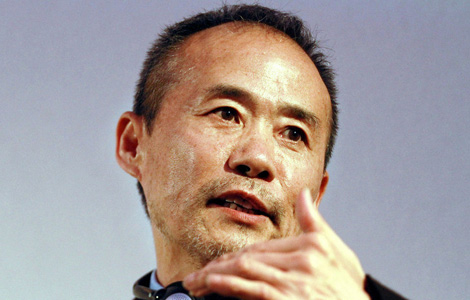Healthcare reforms to be good for China's economy
(Xinhua) Updated: 2014-06-05 13:43MILAN, Italy - China's planned healthcare reforms will be beneficial for the whole of the country's economy, Daniel McFadden, Presidential Professor of Health Economics and Policy at the University of Southern California, told Xinhua in a recent interview.
"I know about the efforts to reform the Chinese system. It is a very ambitious and very difficult program that they have undertaken," said McFadden, who received the 2000 Nobel Prize in Economics for developing methods and theory used in analyzing how consumers and households make choices from sets of discrete alternatives.
|
 |
In McFadden's view, the reforms would work very well in the cities, while will be a much more difficult challenge to accomplish in some of the rural areas.
"But I believe they would be very good for the citizens of China and also for the economy as a whole," said the US professor, who was in Italy to participate in the Trento Economics Festival which closed earlier this week.
McFadden noted that over the past years, due to a fairly weak system of social insurance, individual savings rates were extremely high in China.
One of the results of this trend, he added, was that "China had been growing primarily by exporting than through domestic consumption, which was a very successful strategy in the past but is not a strategy that can be continued indefinitely."
Therefore, he said, "it is important for China to have a vast consumer sector in which citizens spend most of the money they earn on goods rather than saving to have them for the health costs in the future."
The Nobel Economics Prize Winner praised China's economic success which he defined as "remarkable."
- E-commerce in pharmaceuticals likely to increase, change industry
- Nation's cabinet calls foreign capital healthy for joint-venture hospitals
- China encourages development of private healthcare
- Investment, market liberalization to boost China healthcare
- Health, not wealth, is main driver
- Health service seeks IPO on Nasdaq
- China contributes to Australia's tourism boom
- China preparing to cancel tariffs on rare earth exports
- State firm's delisting raises fairness question
- Xinjiang braces for first high-speed railway
- Russia, China inch toward another gas contract
- Nation edges toward ending State monopoly on oil
- Changing dynamics in housing market 'normal'
- Offshore gold contracts to be traded in FTZ

















